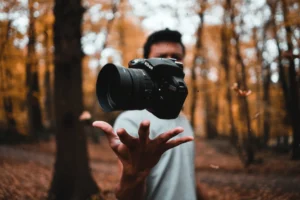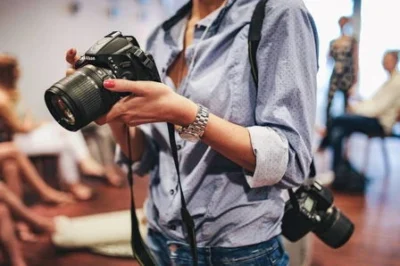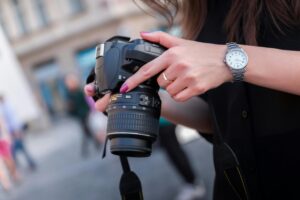Controversial photography topics often serve as a lens through which society examines its values, beliefs, and perceptions. In an age where images flood our daily lives, sparking discussions and debates, certain photographic subjects push boundaries, challenge norms, and provoke intense reactions.
These topics compel us to confront ethical, moral, and societal dilemmas, questioning the power dynamics inherent in the act of capturing and consuming images. From contentious portrayals of sensitive issues to debates surrounding the ethics of manipulation and exploitation, controversial photography topics encompass a wide spectrum of discourse.
In this article, we delve into the complexities and nuances of these contentious subjects, shedding light on the intersection of art, ethics, and societal reflection.
What is Controversial photography topics?

Controversial topics in photography often revolve around ethics, privacy, and representation. Here are some examples:
- Street Photography Ethics: Debate surrounds the ethics of capturing candid images of strangers in public spaces without their consent. Some argue it’s an invasion of privacy, while others see it as a legitimate form of artistic expression.
- Photojournalism Ethics: Questions arise about the manipulation of images in photojournalism. Instances of staged or digitally altered images can raise concerns about authenticity and trustworthiness in reporting.
- Cultural Appropriation: Photographers depicting cultures or traditions other than their own may face criticism for appropriating or misrepresenting those cultures. The line between appreciation and appropriation can be contentious.
- Depiction of Sensitive Subjects: Photographs of sensitive subjects such as poverty, war, and suffering can spark debate about exploitation, voyeurism, and the balance between raising awareness and respecting the dignity of the subjects.
- Gender and Body Image: The portrayal of gender and body image in photography often leads to discussions about objectification, stereotypes, and unrealistic beauty standards.
- Animal Rights: Wildlife photography raises questions about the impact of human presence on natural habitats and the welfare of animals. Concerns also arise regarding the manipulation of animals for the sake of capturing compelling images.
- Consent and Privacy: Issues of consent and privacy arise not only in street photography but also in portraiture, especially when it comes to photographing minors or vulnerable individuals.
- Digital Manipulation: With the advent of digital editing tools, debates about the authenticity and integrity of photographs have intensified. Questions arise about where to draw the line between enhancing an image for artistic purposes and misleading the viewer.
- Representation and Diversity: Discussions about representation and diversity in photography focus on the underrepresentation of certain groups and the importance of inclusive storytelling.
- Environmental Impact: The environmental impact of photography, particularly in terms of carbon emissions from travel and the disposal of photographic equipment, has become a topic of concern as awareness of climate change grows.
These topics often generate passionate debates within the photography community and beyond, reflecting the complex ethical and societal considerations inherent in the visual representation of the world.


